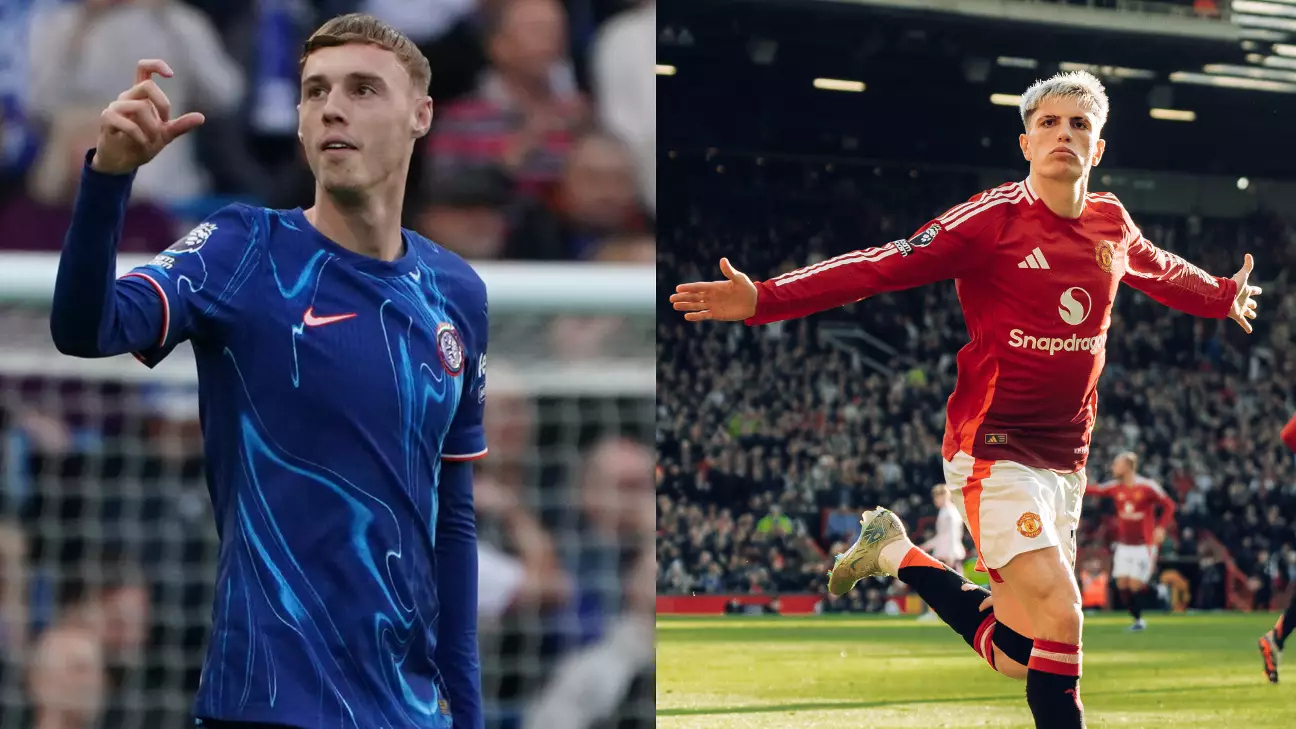As we dive into another vibrant season of soccer, it’s essential to spotlight the nuances and intricacies that often go unnoticed amidst the thrilling action. From strategic brilliance on the touchlines to dramatic showdowns on the field, the world of football continues to captivate. Today, we’ll analyze key narratives, unpack tactical approaches, and reflect on some stunning performances while scrutinizing the managerial challenges faced by prominent clubs.
This weekend, all eyes will be on Old Trafford as Manchester United hosts Chelsea in a match that promises to deliver excitement and high stakes. Managerial tactics will be under the microscope, particularly focusing on Chelsea’s Enzo Maresca, whose innovative approach has begun to redefine the team’s identity. Maresca, a former player imbued with a desire for success, has transitioned into management with remarkable vigor. Drawing inspiration from notable coaching figures like Pep Guardiola, Maresca’s tactical philosophy is heavily influenced by his understanding that real victories are often birthed in practice—the training ground being the crucible of success.
For Maresca, the aim is clear: to instill structure within a previously aimless Chelsea squad. He’s unlocking the potential of players like Cole Palmer, who has emerged as one of the league’s most promising talents under his stewardship. Maresca emphasizes ball possession not merely for control but as a vehicle for relentless attacking play, one that aims to overwhelm opponents. It’s akin to the strategic sacrifices in chess, where calculated risks can yield a rewarding advantage. Despite some setbacks—like a recent defeat to Newcastle in the Carabao Cup—Maresca remains focused on building a cohesive unit that can vie for top honors as the season unfolds.
Meanwhile, across the Atlantic, Inter Miami finds itself in the spotlight as Lionel Messi leads the charge in the MLS playoffs. This week, they face Atlanta United in what is anticipated to be a thrilling contest. The stakes could not be higher, with fans eagerly dreaming of witnessing their team advance to the Eastern Conference semifinals. The presence of Messi has undeniably elevated the profile of the league, and the allure of potential glory has many flocking to the stadium.
Atlanta United, buoyed by their passionate fanbase and home-field advantage, aims to play spoiler. The reverence for their past glories, including the 2018 MLS Cup triumph, means this match is more than just another fixture—it’s a narrative steeped in local lore and competitive spirit. The electric atmosphere expected on match day will hinge not only on Messi’s abilities but also on the legacy of coach Gerardo “Tata” Martino, whose earlier successes with Atlanta add another layer of intrigue. It’s this blend of personal and professional stakes that makes this match so captivating.
Turning to Manchester United, the club’s recent decision to part ways with Erik ten Hag marked a significant turning point in their season. Staring down a dismal league position, the urgency for change became palpable. Enter Rúben Amorim, a young manager noted for his tactical acuity and psychological insight. The shift reflects a broader trend where clubs increasingly seek managers who embody a modern, adaptable brand of football.
While some may view this transition as a gamble, it’s essential to recognize the signs of a calculated risk: Amorim’s strategic vision, extensive tactical education, and excellent communication skills align with United’s pressing need for direction. Despite the financial implications of this managerial change—both in terms of compensation and in player acquisitions—United’s leadership must now rally around Amorim to ensure stability and progress in a season marked by upheaval. The coming months will undoubtedly determine if this gamble pays dividends.
It is impossible to discuss soccer today without acknowledging the profound challenges that exist beyond the pitch. Recent tragic events in Spain, including the devastating flooding that led to the postponement of matches in Valencia, serve as a somber reminder of life’s unpredictability. The football community often comes together in solidarity during such crises, emphasizing the sport’s unique capacity to connect, inspire, and heal.
As we assess the current landscape of soccer, it becomes evident that each club’s trajectory is shaped by a combination of tactical brilliance, managerial insight, and a community spirit that transcends the game itself. Whether it’s the tactical innovations at Chelsea, the magnetic draw of Messi in the MLS, or the managerial upheaval at United, one thing is clear: the world of soccer is as dynamic and exhilarating as ever. With stories of triumph, tragedy, and transformation, there’s no shortage of narrative threads to follow as the season unfolds.

